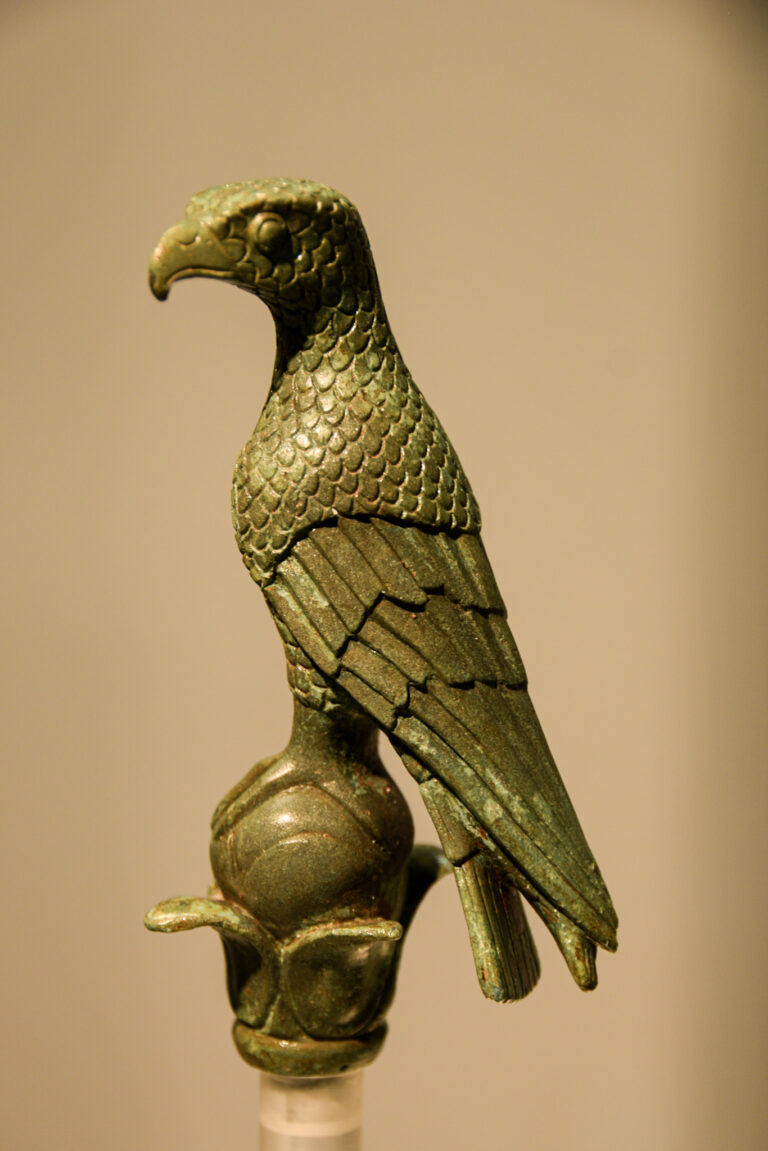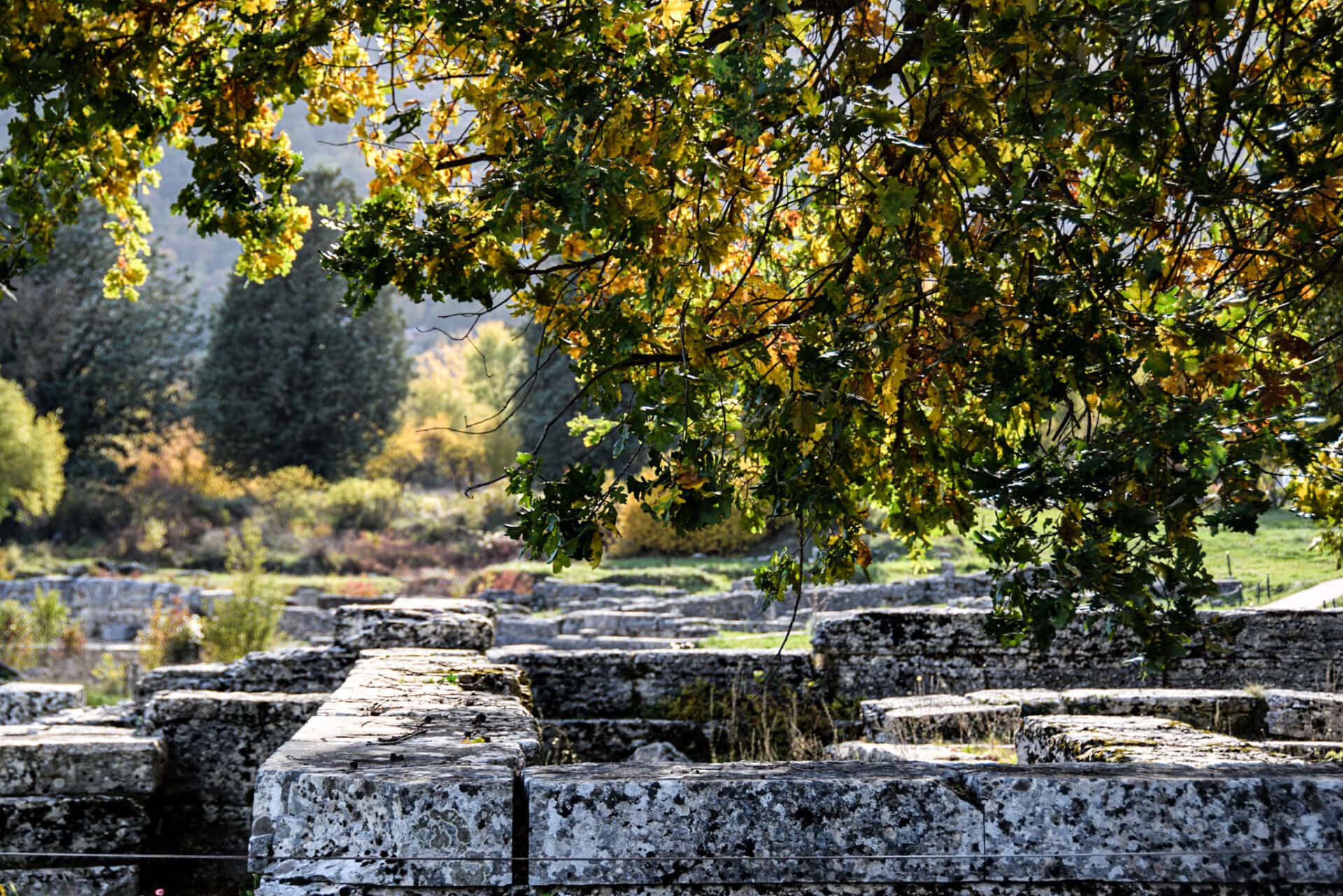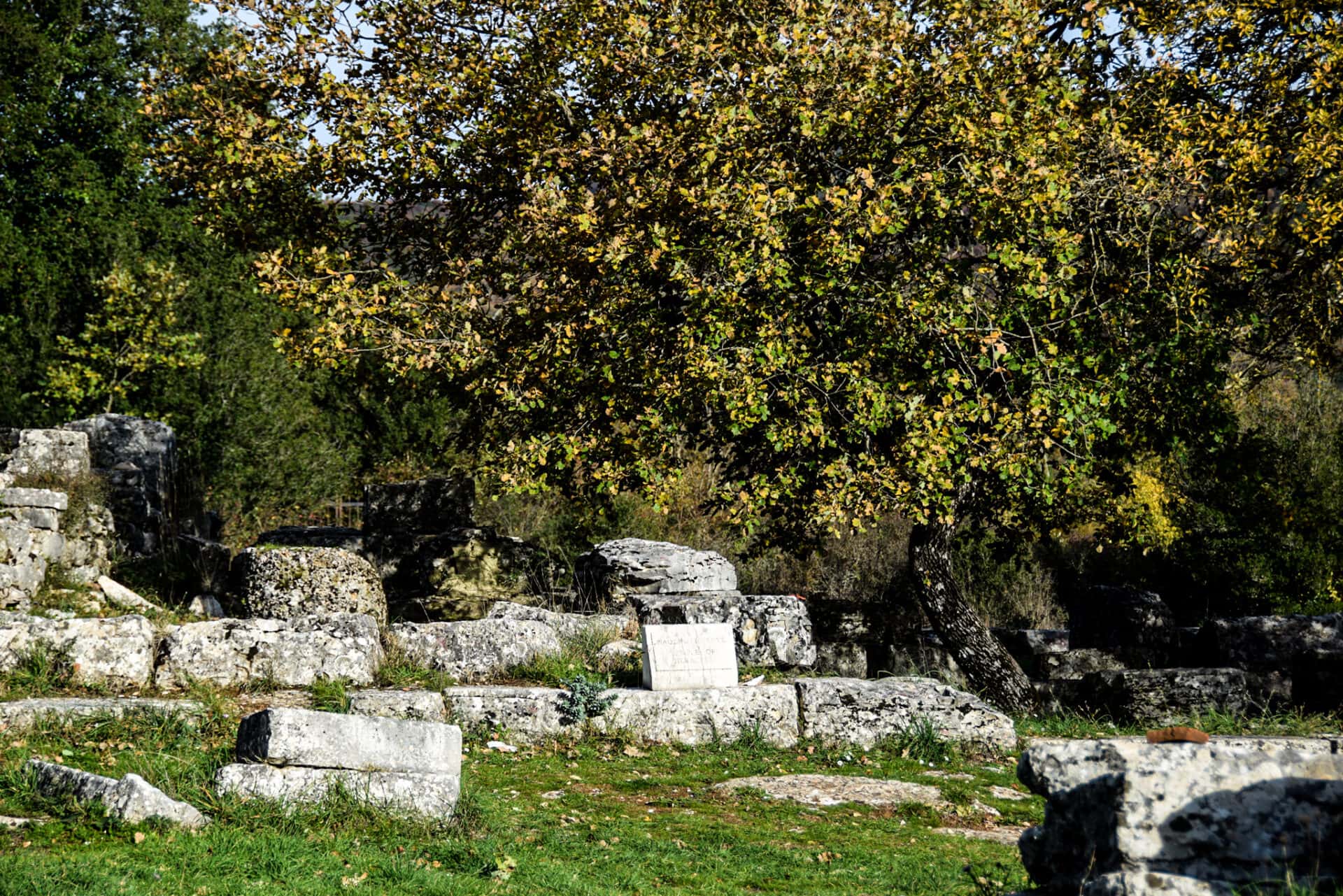Although Delphi cemented herself as the most prestigious oracle of the Ancient World, capturing the imagination of millions over the ages, the origins of cult lay further north.
Though long since abandoned, today, the crumbling ruins of Dodoni bear witness to the very beginnings of divine prophecy.
During times of internal strife, ancient Greeks, in a desperate quest for enlightenment, would flock to the rugged slopes of Mount Parnassus in the thousands. At Delphi, the mythical navel of the world, they sought to find revelatory answers and solace in the cryptic prophecies of Pythia, high priestess of Apollo. In fact, so outstanding was her reputation that pilgrims from all over the classical world braved the ardeous journey to ponder the consequences of her shrouded remarks.
Yet, although Delphi basked in limelight, the roots of divination reached far deeper.
Long before the coming of Zeus and the emergence of pantheon in the Greek conscience, the ancient people of Epirus venerated Gaia, also called Mother Earth or the Great Goddess, often associated with fertility, prophecy, and tree-worship. Thus, excavations have revealed that the oldest known Greek oracle must have started to operate in Dodoni a staggering 5000 years ago!

Entrance Fee | General admission: 4€ | Students (under 26): free
Free admission | 6 March | 18 April | 18 May | last weekend of September | National Holidays (when open)
Opening Hours | Winter 8:30-15:30 | Summer 8:00-20:00 | open every day
Closed | 1 January | 25 March | 1 May | Easter Sunday | 25 December | 26 December
| Busses from Ioannina run every Friday (June 2022).
| Many of the unearthed artifacts are being displayed in the Archaeological Museum of Ioannina.
“…two black doves took off from Thebes in Egypt, one of which flew to Libya, while the other came to them in Dodoni. It perched on an oak tree and spoke in a human voice, telling the people of Dodoni that there ought to be an oracle of Zeus there”
Herodotus, The Histories, II.55
When the Thesprotoi tribe migrated to Epirus in the 2nd millennium BCE, introducing the worship of Zeus in their wake, old and new merged. Gaia became Dione (from dias=Zeus), transferring her divine qualities, among them clairvoyance, to her newfound husband. Henceforth, the ethereal couple dwelled beneath a sacred oak tree, worshiped by the pious settlers of these verdant swaths.
Those connected to the gods, the sacred diviners, were known as selli or helli. Studying the rustling of leaves, the flight of doves, and the crackling of bronze cauldrons, they interpreted and conveyed the gods’ will to the mortal community. They slept on the bare ground and refrained from washing their feet to stay connected with Gaia and their ancient pagan beliefs. Offerings were hung on branches or placed in a circle around the oak, whereas pleads from individuals, groups, or entire towns were engraved onto thin lead sheets.


In the ensuing centuries, the sacred sanctuary witnessed substantial growth attributed to her spiritual and political importance within the Epirote ethne (a form of government distinct to the city-states of southern Greece), and soon further shrines, temples, and secular monuments towered above the oracle, augmenting Dodoni’s prestige within the Greek cosmos.
Even though, Dodoni was plundered several times throughout her eventful history, it fell to an emergent religion to herald her ultimate demise. When Christianity spread across the Roman Empire and established itself firmly as the dominant faith, cult activities ceased in the 4th century CE, before the site was entirely abandoned two centuries later.
Today, little hints at the exclusive standing Dodoni enjoyed at her height. Most buildings have vanished, the theatre remains the most prominent structure within the archaeological park.
Nevertheless, her idyllic location, historic significance, and proximity to Ioannina absolutely warrant a wee trip down to the country’s mother of all oracles, an ideal place to let your mind roam free and enjoy the beautiful swaths of northern Greece.

WHERE TO NEXT?
For more content consider following me on Instagram.
Discover more of Greece’s intriguing past through these incredible ruins:
ACROCORINTH | GUARDIAN OF THE PELOPONNESE
